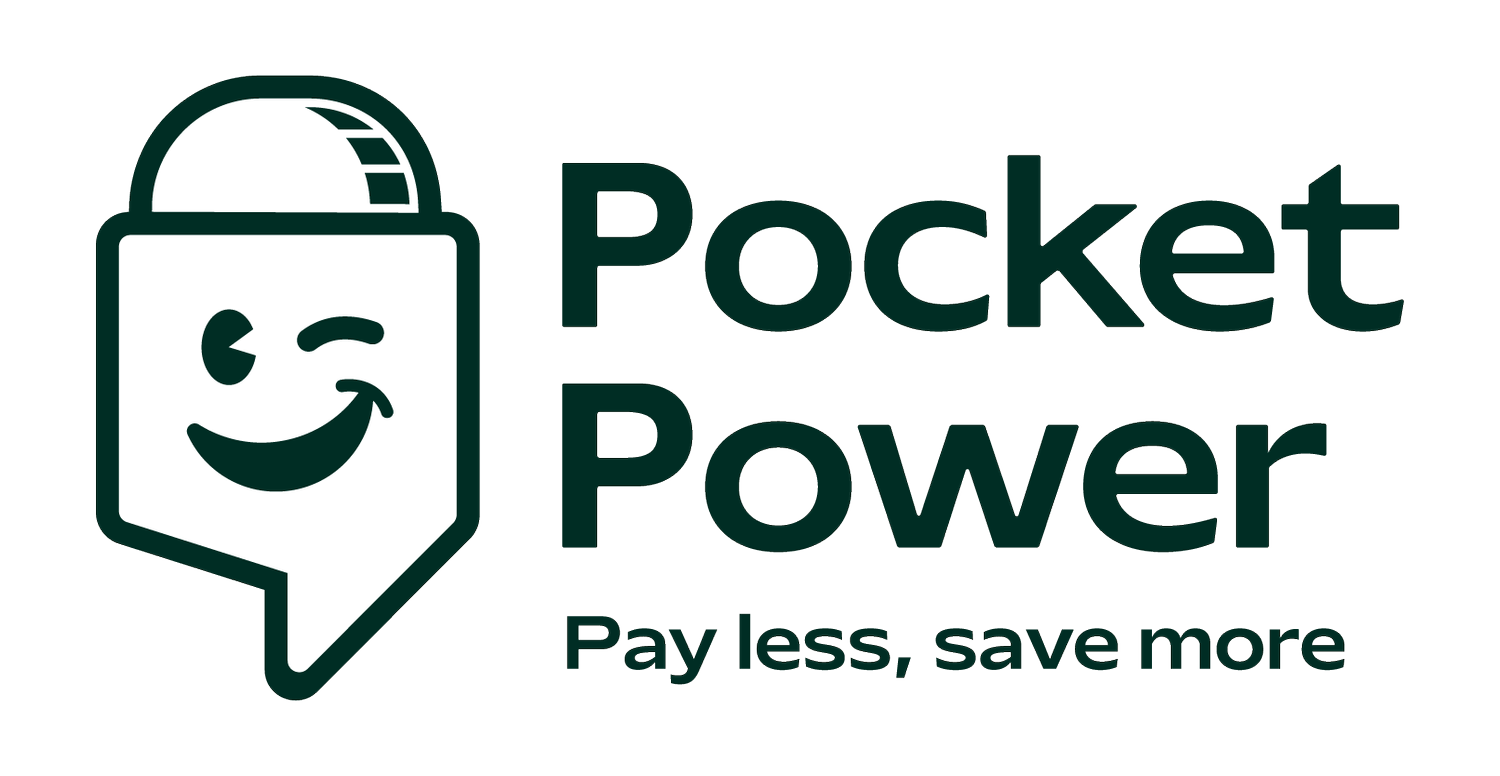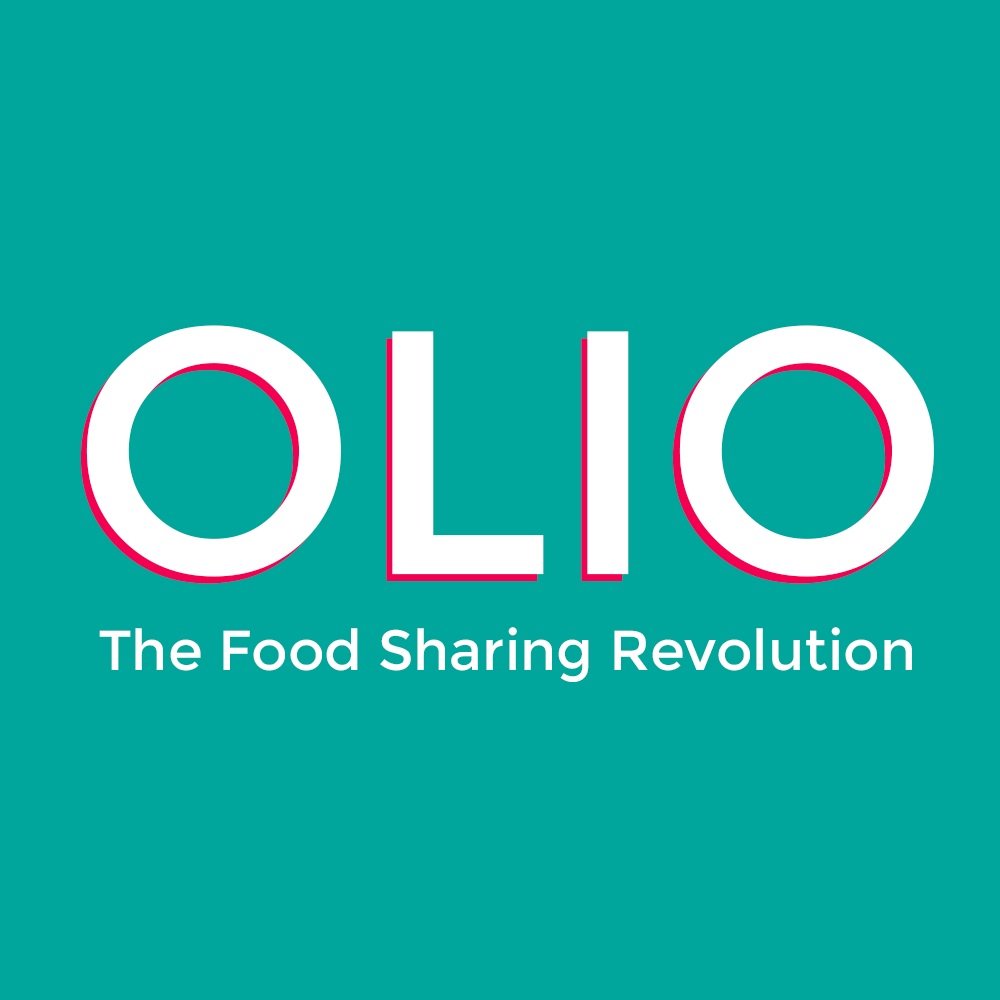Below is a list of the best ways to save money on food that we’ve come across over the last few years of helping people. We have no affiliation with any of the companies we mention - we don’t benefit from anyone using them.
We will update the list when we discover new opportunities to save money on food, and we will continue to connect customers to as many of them as possible during our calls.
Food saving tips
The Citizens Advice Bureau (CAB) works with the Trussell Trust to issue food vouchers (which are exchanged for food parcels at local food banks). Call CAB on 0808 223 1133 or use this link for other ways to contact them. A map of local Trussell Trust food banks can be found here.
Independent food banks are available across the UK (with some needing referrals and some not). Here is a link to find a local food bank.
Food Cycle provide community meals across the UK which are free and do not require a voucher or referral - click here to find a map of the community meals they provide.
Community Fridges don’t need a referral and are free for anyone to use. There are over 700 in the UK and they provide spaces that bring people together to share food, learn new skills and prevent fresh food from going to waste. Read more about it here and find our where your closest Community Fridge is using this tool.
Local Pantry provide community shops across the UK selling fresh fruit and vegetables, meat and store cupboard favourites. People sign up to be members of a Local Pantry (which costs around £3.50 a week) and are then able to choose food worth £15-20 or more. Here is a link to the Local Pantry’s currently available in the UK.
The Bread and Butter Thing is similar to Local Pantry in that users pay £5 for a much reduced bag of food (or £17 for a family bag). Here is a link to where they are available (which is mainly around the Midlands and North of England).
Healthy Start vouchers are available to any parent of children under the age of 4 years old who are on low income. Families receive between £4.25 - £8.50 a week depending on the age of the child, which can be spent on milk, formula, fruit and vegetables. Children also receive free nutritional supplements. Find out if you are eligible and apply here.
Hardship funds - Housing Associations and Local Authorities often operate hardship funds to help people with the cost of food and energy. Find your local authority here or speak directly to your Housing Association.
Household Support Funds - some local authorities still operate these funds which often offer food and fuel vouchers to those in financial need. Google ‘household support fund’ and your local council to see if one operates in your area. We are also able to do this for customers we speak to.
FREE OR LOW COST FOOD OPTIONS
APPS
OLIO - this is an app that sources free food, based on the users postcode and how far they are prepared to travel to collect it. Much of it is food saved from supermarkets that would otherwise be thrown away. It is an excellent and easy app to use - download it here.
Too Good To Go - this app allows users to purchase ‘magic bags’ of food from local supermarkets and food businesses for much reduced prices. For example, a bag of shopping worth £13 from Budgens for £4.29, or a Harvester dinner of chicken and salad worth £11.99 for £3.99. Users need to collect their Magic Bags at agreed times (usually a one hour window). Find out more here.
TROLLEY - this app compares the price of food across the large supermarkets in the UK, helping to reduce overall shopping basket prices - get it here.
KITCHEN / FOOD TIPS
Freezer use - freezing food rather than throwing it away is a good thing to do, when possible. This is a good resource for what food can be frozen (it’s much more than you think!). If you don’t have a fridge or freezer, or what you do have is broken, there are charities and Trust Funds that can help - here is list of organisations that might be able to help.
Slow cooker or air fryer - these use significantly less energy to use than gas or electric ovens.
Meal plan - to help reduce food waste and only buy what you need. This app (Kitche) is free and can suggest meals to make based on what food you have in.
Kettle use - it costs around 6p to boil a 2 litre kettle. You can boil a full kettle in the morning and transfer what you don’t need to a flask to use for the rest of the day.





